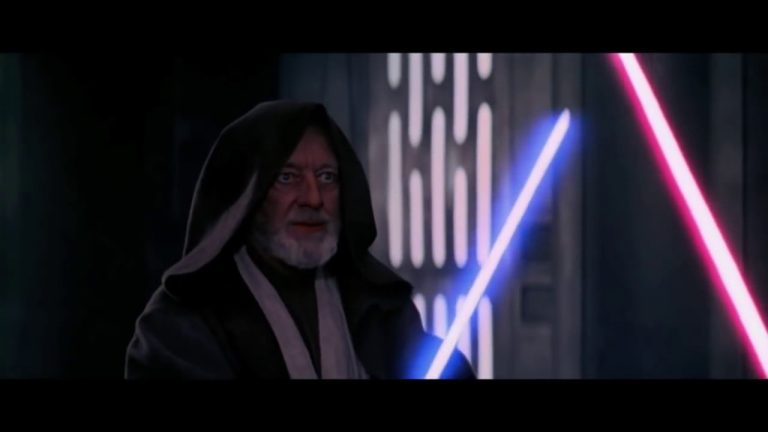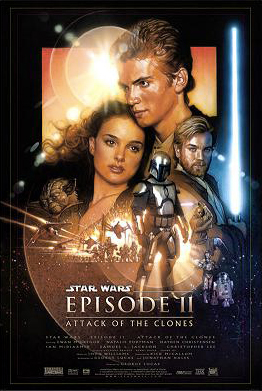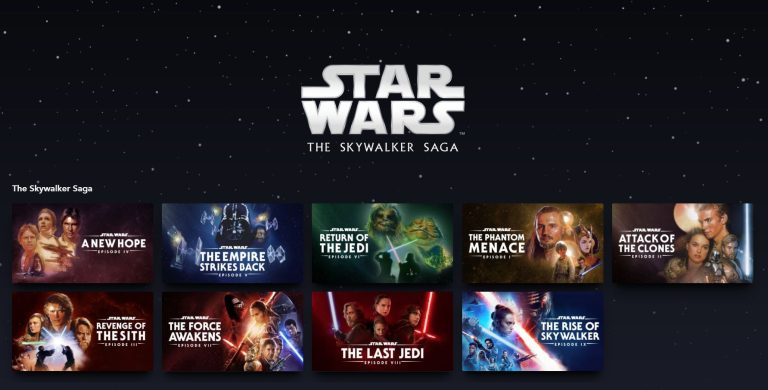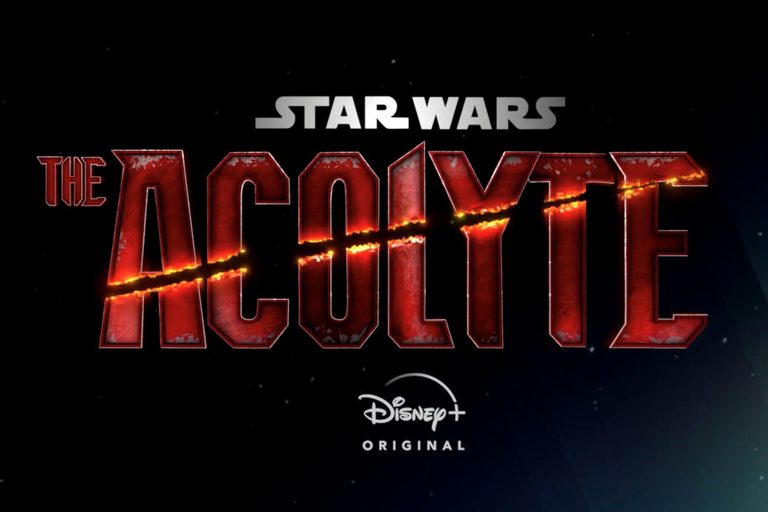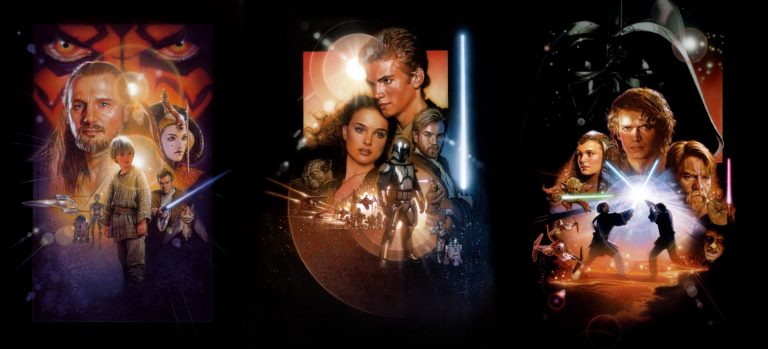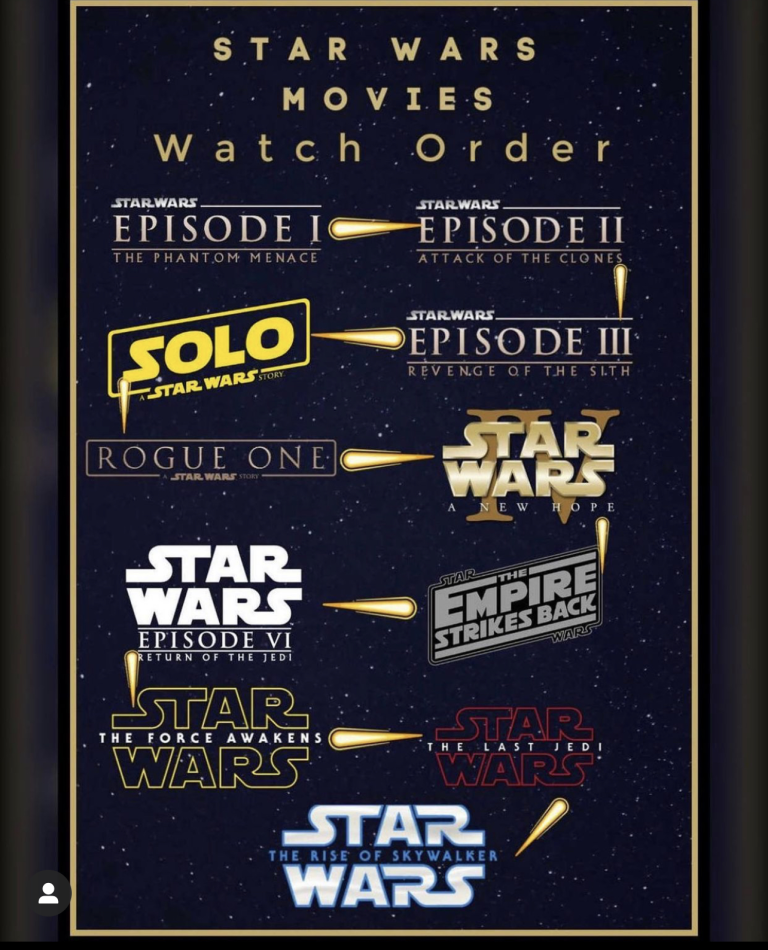Who Directed Star Wars Movies?
If there’s one question that has sparked countless debates and ignited the imaginations of movie lovers around the world, it’s this: “Who directed the Star Wars movies?” From the moment the iconic opening crawl rolled across the screen in 1977, audiences were transported to a galaxy far, far away, thanks to the visionary directors who brought George Lucas’s epic space opera to life. So, if you’ve ever found yourself pondering this question, buckle up and get ready for a journey through the minds behind the Star Wars saga.
In a galaxy filled with memorable characters and captivating storylines, it’s the directors who have shaped the Star Wars universe into the cultural phenomenon it is today. From the masterful hand of George Lucas, who directed the original Star Wars film and laid the foundation for the entire franchise, to the talented filmmakers who took the helm in subsequent installments, each director has left their unique mark on this beloved series. So, whether you’re a die-hard fan or just curious about the creative forces behind the Star Wars movies, join us as we dive into the directors who have guided us through lightsaber battles, space dogfights, and epic battles between the dark side and the light.
The Star Wars movies have been directed by various filmmakers throughout the franchise’s history. The first film, released in 1977, was directed by George Lucas. The subsequent films in the original trilogy, “The Empire Strikes Back” and “Return of the Jedi,” were directed by Irvin Kershner and Richard Marquand, respectively. The prequel trilogy, consisting of “The Phantom Menace,” “Attack of the Clones,” and “Revenge of the Sith,” were all directed by George Lucas. The sequel trilogy, including “The Force Awakens,” “The Last Jedi,” and “The Rise of Skywalker,” were directed by J.J. Abrams and Rian Johnson.
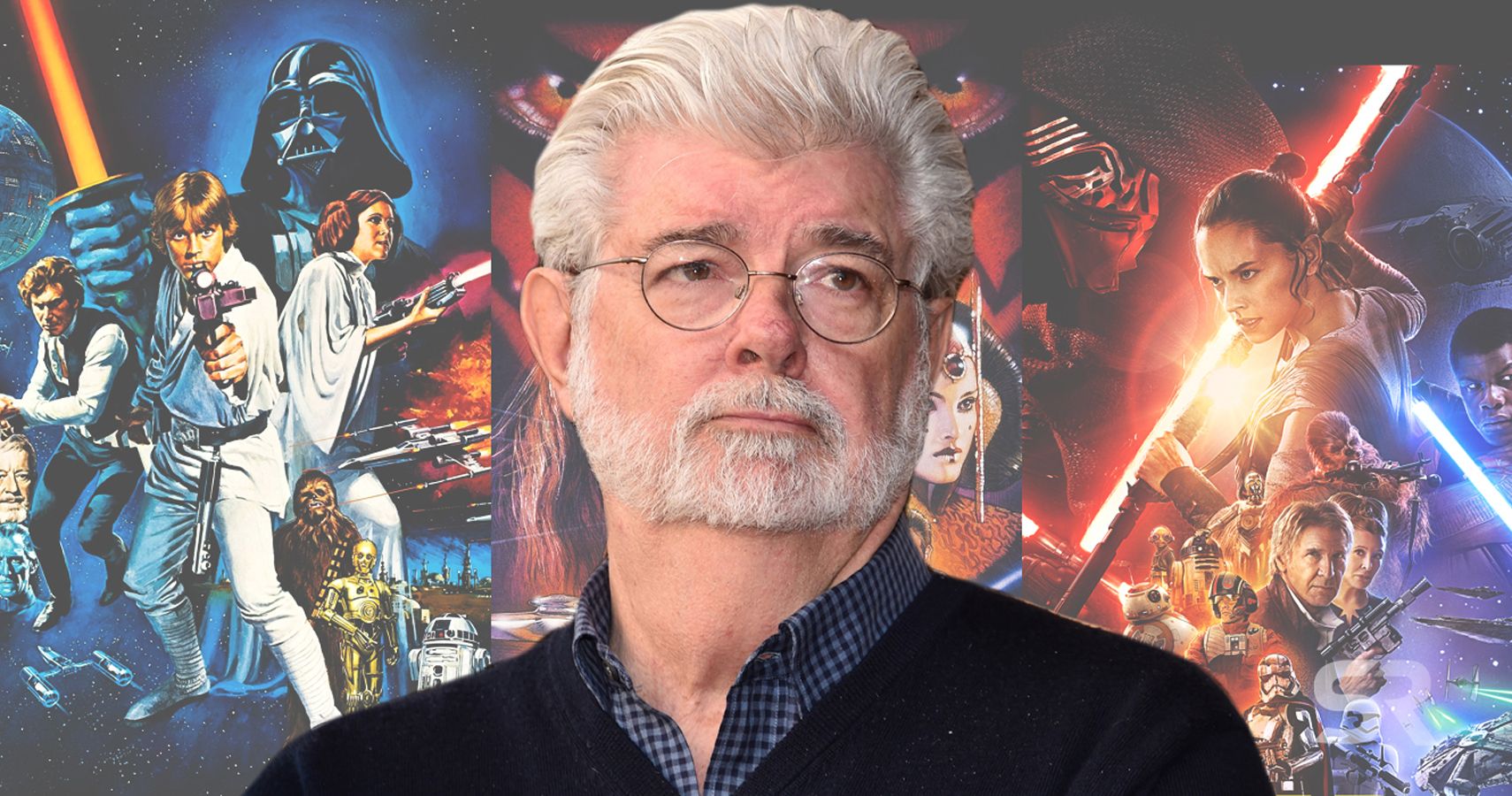
Who Directed Star Wars Movies?
Star Wars is one of the most iconic and beloved film franchises of all time. It has captured the hearts of millions of fans around the world with its epic storytelling and groundbreaking visual effects. But who are the masterminds behind these incredible movies? In this article, we will explore the directors who have helmed the Star Wars films and brought George Lucas’ vision to life.
George Lucas: The Creator of Star Wars
George Lucas is the man who started it all. He wrote and directed the very first Star Wars film, which was released in 1977 and simply titled “Star Wars” (later retitled “Star Wars: Episode IV – A New Hope”). Lucas’ innovative storytelling, combined with his groundbreaking use of special effects, revolutionized the film industry and created a cultural phenomenon. He continued to oversee the original trilogy, serving as the executive producer for “The Empire Strikes Back” and “Return of the Jedi.”
The George Lucas Era
During the George Lucas era, he not only directed the first film but also played a crucial role in the development of the subsequent movies. However, for the prequel trilogy, Lucas decided to step back from the director’s chair and instead focused on writing and producing the films. This decision allowed new directors to bring their unique vision to the Star Wars universe.
Irvin Kershner: The Director of “The Empire Strikes Back”
“The Empire Strikes Back” is widely regarded as one of the best Star Wars films, and much of its success can be attributed to director Irvin Kershner. Kershner brought a darker and more complex tone to the sequel, deepening the characters and expanding the Star Wars mythology. His direction, combined with Lawrence Kasdan’s screenplay, resulted in a film that is often hailed as the pinnacle of the franchise.
Richard Marquand: The Director of “Return of the Jedi”
Richard Marquand took the helm for the final film in the original trilogy, “Return of the Jedi.” Marquand faced the daunting task of wrapping up the beloved saga, and he did so with skill and creativity. His direction brought the epic battle between the Rebel Alliance and the Empire to life, and he introduced memorable new characters like Jabba the Hutt and the Ewoks.
The Prequel Trilogy: A New Generation of Directors
With the prequel trilogy, George Lucas decided to entrust the directing duties to a new generation of filmmakers. Each film had a different director, bringing their own unique style and perspective to the Star Wars universe.
Episode I: “The Phantom Menace” – Directed by George Lucas
For the first film of the prequel trilogy, George Lucas returned to the director’s chair. “The Phantom Menace” introduced a new generation of characters and explored the origins of iconic figures like Anakin Skywalker and Obi-Wan Kenobi. Despite mixed reception from fans and critics, Lucas’ vision and direction set the stage for the remaining films in the trilogy.
Episode II: “Attack of the Clones” – Directed by George Lucas
George Lucas continued to direct with “Attack of the Clones,” delving deeper into the story of Anakin Skywalker’s transformation into Darth Vader. The film showcased advancements in visual effects technology and expanded the Star Wars universe. However, some fans felt that the film lacked the emotional depth of the original trilogy.
Episode III: “Revenge of the Sith” – Directed by George Lucas
The final film of the prequel trilogy, “Revenge of the Sith,” brought the story full circle, depicting Anakin Skywalker’s fall to the dark side and the rise of the Galactic Empire. George Lucas once again directed, delivering a visually stunning and emotionally charged film that bridged the gap between the prequels and the original trilogy.
The Sequel Trilogy: New Directors, New Stories
After the success of the original and prequel trilogies, Lucasfilm decided to continue the Star Wars saga with a new trilogy. This time, they brought in a new generation of directors to bring their unique vision to the franchise.
Episode VII: “The Force Awakens” – Directed by J.J. Abrams
J.J. Abrams, known for his work on “Lost” and the rebooted “Star Trek” films, was chosen to kick off the sequel trilogy with “The Force Awakens.” Abrams brought a nostalgic yet fresh approach to the film, introducing new characters like Rey, Finn, and Kylo Ren, while also reuniting fans with beloved characters from the original trilogy.
Episode VIII: “The Last Jedi” – Directed by Rian Johnson
Rian Johnson took the helm for “The Last Jedi,” the second film in the sequel trilogy. Johnson’s bold and subversive take on the Star Wars mythos sparked passionate debate among fans, with some praising his innovative storytelling and others criticizing the film’s departure from traditional Star Wars tropes.
Episode IX: “The Rise of Skywalker” – Directed by J.J. Abrams
J.J. Abrams returned to the director’s chair for the final film of the sequel trilogy, “The Rise of Skywalker.” Abrams aimed to bring the Skywalker saga to a satisfying conclusion, tying together the threads of the previous films and delivering a grand, epic finale.
The Future of Star Wars
As of now, the future of Star Wars is filled with exciting possibilities. Lucasfilm has announced plans for more films and television series set in the Star Wars universe, with a diverse range of directors and storytellers at the helm. The legacy of the directors who have guided the Star Wars films thus far will continue to inspire and shape the future of this beloved franchise.
Conclusion
The directors who have helmed the Star Wars films have played a crucial role in shaping the beloved franchise. From George Lucas’ groundbreaking vision to the new generation of directors who have brought their unique perspectives, each filmmaker has left their mark on the Star Wars universe. As the saga continues to evolve and expand, the influence of these directors will continue to be felt, ensuring that Star Wars remains a cultural phenomenon for generations to come.
Key Takeaways: Who Directed Star Wars Movies?
1. George Lucas directed the original Star Wars trilogy.
2. Irvin Kershner directed “The Empire Strikes Back,” the second film in the original trilogy.
3. Richard Marquand directed “Return of the Jedi,” the third film in the original trilogy.
4. J.J. Abrams directed “The Force Awakens,” the first film in the sequel trilogy.
5. Rian Johnson directed “The Last Jedi,” the second film in the sequel trilogy.
Frequently Asked Questions
Discover the talented directors behind the iconic Star Wars movies. From the original trilogy to the latest installments, find out who helmed these epic space adventures.
1. Who directed the original Star Wars trilogy?
The original Star Wars trilogy, consisting of Episode IV: A New Hope (1977), Episode V: The Empire Strikes Back (1980), and Episode VI: Return of the Jedi (1983), was directed by George Lucas. As the creator of the Star Wars universe, Lucas brought his visionary storytelling and groundbreaking special effects to these beloved films. His direction laid the foundation for the enduring popularity of the Star Wars franchise.
In addition to directing the original trilogy, George Lucas also wrote and produced the films, solidifying his role as a key creative force behind the Star Wars saga.
2. Who directed the prequel trilogy?
The prequel trilogy, which delves into the events leading up to the original Star Wars films, was directed by George Lucas as well. Episode I: The Phantom Menace (1999), Episode II: Attack of the Clones (2002), and Episode III: Revenge of the Sith (2005) were all helmed by Lucas. With these films, Lucas expanded the Star Wars universe and introduced new characters and storylines.
While the prequel trilogy received mixed reviews from fans and critics, it remains an important part of the Star Wars saga, providing crucial backstory and deepening the mythology of the series.
3. Who directed Star Wars: The Force Awakens?
Star Wars: The Force Awakens (2015), the highly anticipated seventh installment in the Star Wars franchise, was directed by J.J. Abrams. Known for his work on the television series Lost and his successful reboot of the Star Trek film series, Abrams brought his signature blend of action and mystery to The Force Awakens.
Abrams’ direction of The Force Awakens received acclaim for capturing the spirit of the original trilogy while introducing a new generation of characters and storylines. The film became a critical and commercial success, reigniting the Star Wars phenomenon.
4. Who directed Star Wars: The Last Jedi?
Rian Johnson took the director’s chair for Star Wars: The Last Jedi (2017). Johnson, known for his work on films like Looper and Brick, brought his unique storytelling style to the Star Wars universe. The Last Jedi continued the story of the new characters introduced in The Force Awakens, while also exploring the legacy of the original trilogy.
Johnson’s direction of The Last Jedi sparked passionate debates among fans, with some praising its bold choices and others expressing mixed reactions. Nevertheless, the film proved to be a box office success and further expanded the Star Wars mythology.
5. Who directed Star Wars: The Rise of Skywalker?
Star Wars: The Rise of Skywalker (2019), the ninth and final chapter of the Skywalker saga, was directed by J.J. Abrams. Returning to the franchise, Abrams brought his signature style and storytelling prowess to conclude the epic story that began with A New Hope.
The Rise of Skywalker aimed to provide a satisfying conclusion to the saga, tying together the threads of the previous films and delivering thrilling action sequences. While opinions among fans varied, the film marked the end of an era in the Star Wars universe.
What were George Lucas’ plans for the sequel trilogy? Star Wars Fast Facts #Shorts
Final Summary: Who Directed the Star Wars Movies?
In a galaxy far, far away, there have been several talented individuals who took the helm and directed the iconic Star Wars movies. From the original trilogy to the prequels and the recent sequels, each film has had a unique vision brought to life by these talented directors. Let’s take a closer look at the creative minds behind the Star Wars franchise.
First and foremost, we cannot discuss Star Wars without mentioning the legendary George Lucas. Lucas, the mastermind behind the entire Star Wars universe, directed the very first film, “Star Wars: Episode IV – A New Hope,” which captivated audiences and sparked a cultural phenomenon. His visionary storytelling and groundbreaking special effects revolutionized the film industry and created a beloved saga that continues to resonate with fans to this day.
Moving on to the sequels, we have the brilliant minds of Irvin Kershner and Richard Marquand, who directed “The Empire Strikes Back” and “Return of the Jedi,” respectively. These directors skillfully built upon Lucas’ foundation, delving deeper into the characters and expanding the Star Wars universe. Kershner’s dark and emotionally charged sequel is often hailed as the best in the franchise, while Marquand brought a satisfying conclusion to the original trilogy.
In the prequel trilogy, the reins were handed over to George Lucas once again, as he returned to the director’s chair for “Episode I – The Phantom Menace,” “Episode II – Attack of the Clones,” and “Episode III – Revenge of the Sith.” Despite mixed reviews, Lucas’ prequels added depth to the Star Wars lore, showcasing the rise of Darth Vader and the fall of the Jedi Order.
Finally, we come to the sequel trilogy, where J.J. Abrams kicked off the new era with “Episode VII – The Force Awakens.” Abrams brought his signature style and reverence for the original trilogy, reigniting the Star Wars magic for a new generation. Rian Johnson took the helm for “Episode VIII – The Last Jedi,” infusing the saga with unexpected twists and thought-provoking themes. And lastly, J.J. Abrams returned to conclude the Skywalker saga with “Episode IX – The Rise of Skywalker,” wrapping up the epic story with a blend of nostalgia and new beginnings.
In conclusion, the Star Wars movies have been guided by a talented roster of directors who have left their mark on the franchise. From George Lucas’

